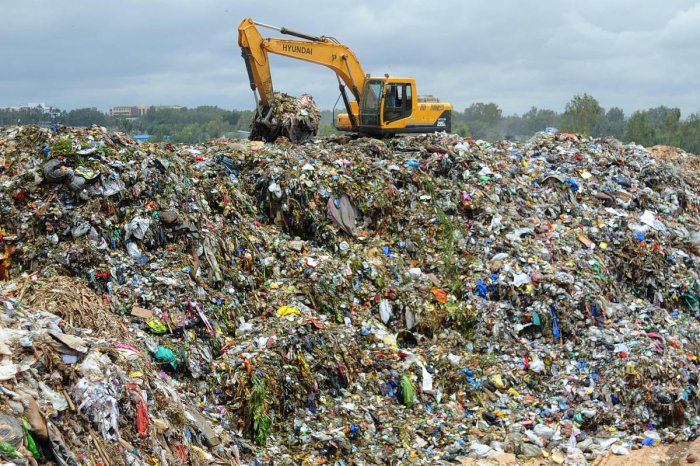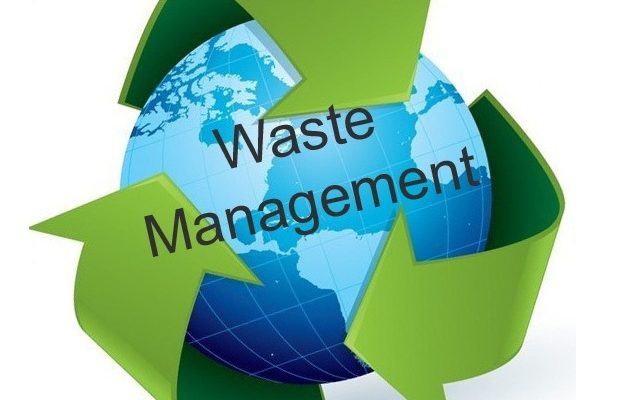The term “solid waste” is used to describe a wide variety of rubbish materials, including those that result from animal human & activity but are ultimately thrown as undesired and pointless. In any given location, residential, commercial, and industrial activity will all contribute to the accumulation of solid waste, which can then be managed in a number of different ways.
As a consequence of this, landfills are often categorized as either sanitary waste sites, municipal waste sites, construction and demolition waste sites, or industrial waste sites.
One method for classifying waste is on the basis of the material it is composed of, including such plastic, newspaper, glass, metal, & organic waste. The potential for hazard is another factor that can be taken into consideration when classifying wastes as radioactive, combustible, infectious, toxic, and non-toxic.
The origin of the garbage can also be a factor in the categorization of waste into several categories, such as industrial, residential, commercial, institutional, or building and demolition debris.
Solid waste should managed in a methodical manner in order to guarantee that environmental best practices are followed, regardless of where it came from, what it contains, or how dangerous it could be. Since the management of solid waste is an essential component of environmental hygiene, it is imperative that this component be incorporated into green infrastructure.
What Does It Mean To Manage Solid Waste?
The discipline that is associated with the control of the generation, storage, collection, transport & transfer, processing, and disposal of solid waste materials in a manner best addresses the range of public wellness, conservation, financial, aesthetic, engineering, & other environmental considerations is known as solid waste management.
Planning, administration, financial management, engineering, and legal responsibilities are all included in the purview of Solid waste management. Complex inter-disciplinary connections between subjects such as public health, city & regional development, political science, geology, sociology, economic, communication & conservation, demography, engineering, & material sciences could be part of the solution.
Practices for managing solid waste can vary depending on whether the garbage was generated in a household or industrial setting, in an urban or rural setting, or in a developed or developing nation. In metropolitan regions, it is the responsibility of the local government agencies to manage the disposal of waste that does not contain dangerous materials.
On the other side, the management of hazardous waste products is often subject to local, national, & even worldwide authorities. This is because individuals who generate the trash are typically responsible for its disposal.
The Waste Management System Consists Of The Following 6 Functional Components

Waste production refers to any activities that are involved in locating items that are no longer useable & are either gathered for the purpose of systematic disposal or are discarded.
On-site handling, storage, & processing refers to operations that take place at the location where garbage is generated and make collection simpler. This makes it possible to collect waste more efficiently. For instance, waste bins are positioned at locations that produce an adequate amount of waste.
The placement of waste collection bins, the collection of waste from those bins, and the accumulation of trash in the area where collection trucks are emptied are all actions that are included in the waste collection phase of waste management, which is an essential phase of waste management. Even though transportation is included in the collection phase, this is often not the step that constitutes the bulk of the waste transportation process.
The process of moving garbage from the places where it is collected locally to the area where it is disposed of regionally involves a number of actions, including waste transfer and transport. Large waste vehicles are used for this movement.
The term “waste processing and recovery” refers to the facilities, equipment, and methods that are utilized in order to recover reusable and recyclable materials from the waste stream & to improve the efficiency of other functional parts of waste management.
The very last step in waste management is the disposal stage. It includes the operations that are aimed at the methodical disposal of waste material in areas such as landfills or facilities that convert waste into electricity.
